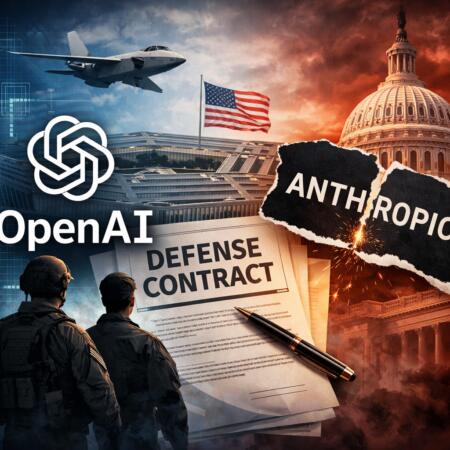A remarkable event unfolded in the world of cryptocurrency mining when a solo Bitcoin miner achieved a rare and highly improbable feat—solving a block with minimal computational resources and earning over $266,000 in Bitcoin. Despite the dominance of industrial-scale mining farms, this incident highlights that individual miners with modest equipment can still find success in the evolving crypto landscape. This year has seen an uptick in such extraordinary solo mining wins, emphasizing the ongoing resilience and unpredictability of the crypto markets.
- A solo Bitcoin miner found a block using just 1.2 TH/s, earning roughly $266,000.
- The event underscores the persistent potential for individual miners to succeed despite industry dominance by large operations.
- 2025 has been an impressive year for solo miners, with multiple blocks mined independently and significant rewards achieved.
- Major miners are diversifying into AI-related services as margins tighten following the latest Bitcoin halving.
Solo Bitcoin miner strikes big with minimal resources
A solo Bitcoin miner achieved a rare victory on Friday, earning 3.146 BTC—equivalent to approximately $266,000—after solving block 924,569. What’s notable is that the miner used a modest machine with a hash rate of around 1.2 terahashes per second (TH/s), a tiny fraction compared to the industrial-scale mining operations that achieve exahashes (one quintillion hashes per second). The event underscores the persistent, albeit improbable (with odds estimated at 1.2 million-to-1 per day at this hash rate), possibility of solo mining success, especially as the network’s difficulty continues to challenge even large miners.
This rare event was announced on X by CKpool creator Con Kolivas, who congratulated the “extremely lucky” miner, emphasizing how unlikely such a win is given the vast computational competition involved.
The miner received 3.125 BTC as a block subsidy plus an additional 0.021 BTC in transaction fees. The total payout exceeded 3.146 BTC, according to on-chain data. The success story is a testament to the ongoing volatility and unpredictability within the Bitcoin ecosystem.
Related: Bitcoin ASIC producer Bitmain under US investigation over national security risks
Rising momentum for solo miners in 2025
Despite ongoing dominance by industrial mining farms, 2025 has proven to be an extraordinary year for solo Bitcoin miners. According to data from Mempool Space, 13 solo-mined blocks have been successfully mined through CKpool this year—averaging just over one per month. This resurgence of solo mining success highlights the ongoing potential for individual miners to compete in the Bitcoin network, despite the rising difficulty levels.
Last month, a solo Bitcoin miner earned a significant reward after independently solving block 920,440, netting around $347,455 in total, including fees and the block subsidy. Earlier in July, another miner operating with only 2.3 petahashes of power successfully claimed a full block reward, adding to the narrative that even modest mining setups can still find success. Similar accomplishments were recorded in June, March, and February, showcasing the resilience of solo miners across different periods of network difficulty.
Related: Bitcoin miner HIVE shares surge 7.5% on record quarterly revenue
Mining industry shifts towards artificial intelligence
As Bitcoin halving events continue to tighten margins for miners, industry players are pivoting toward new revenue streams beyond traditional mining. Leading firms like CleanSpark have begun investing in AI-focused data center infrastructure, a move that resulted in a 13% stock increase after the company’s expansion announcement in October. Similarly, TeraWulf plans to raise $500 million through a convertible note to fund the development of a new data center in Texas, signaling a growing trend of diversification within the crypto sector.
These strategic shifts reflect broader efforts within the crypto industry to adapt to market changes, harness innovative blockchain applications, and explore lucrative opportunities in AI and data center services, shaping the future of crypto mining and blockchain technology.







